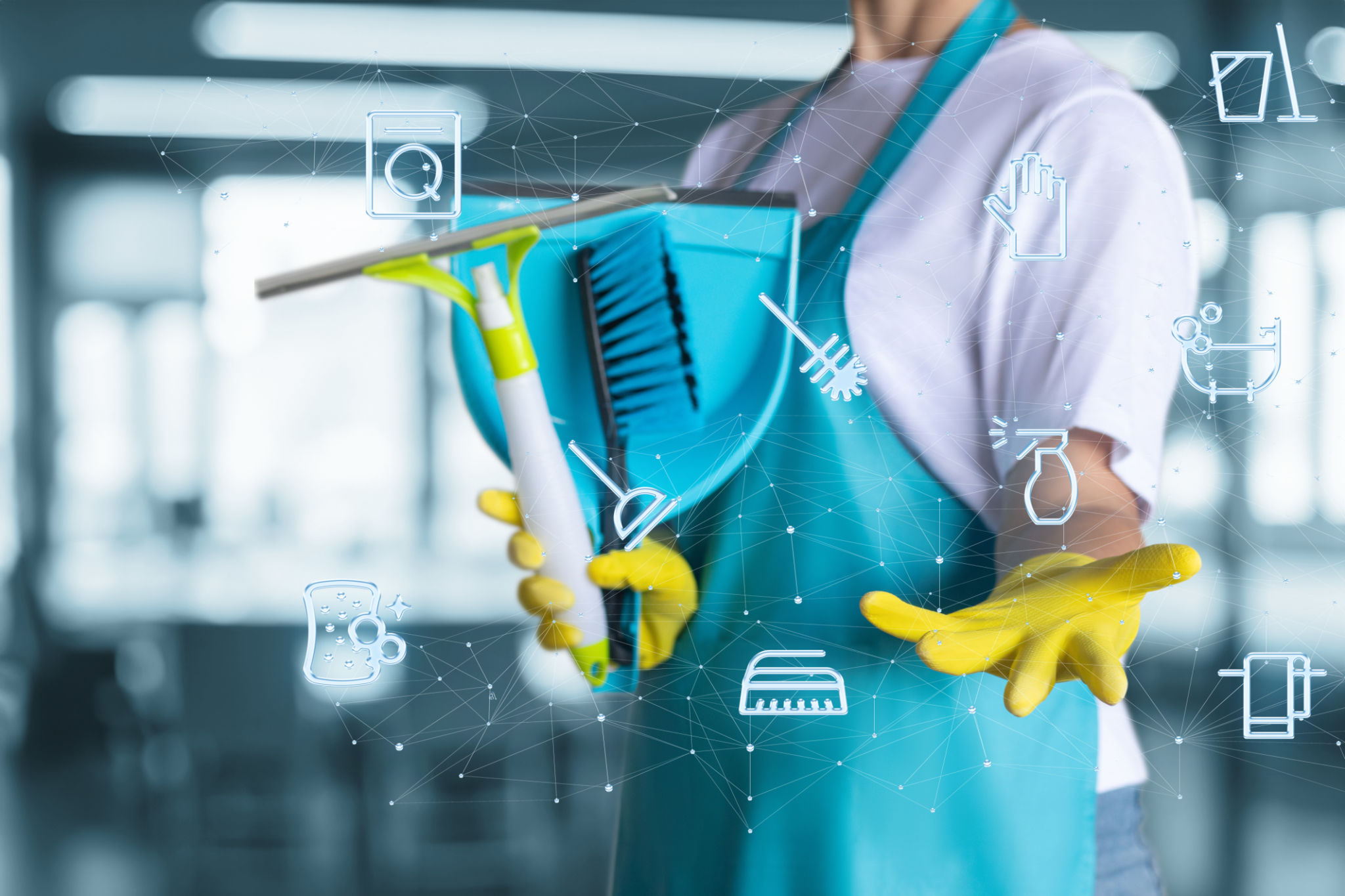How Smart Technology is Transforming Commercial Cleaning in the UK
Introduction to Smart Technology in Commercial Cleaning
In recent years, the commercial cleaning industry in the UK has seen a significant transformation thanks to the integration of smart technology. From automated cleaning equipment to data-driven janitorial services, these innovations are revolutionizing the way businesses maintain cleanliness and efficiency in their environments. This shift not only enhances productivity but also ensures a higher standard of hygiene, particularly crucial in the post-pandemic world.
The adoption of smart technology is streamlining operations, reducing costs, and improving service delivery. As businesses increasingly look for sustainable and efficient solutions, smart technology is becoming a critical component in commercial cleaning strategies.

Robotic Cleaning Equipment
One of the most significant advancements in commercial cleaning is the use of robotic cleaning equipment. These autonomous machines are capable of handling a variety of tasks such as vacuuming, mopping, and even disinfecting large areas with minimal human intervention. Equipped with sensors and advanced navigation systems, these robots can efficiently clean spaces without disrupting daily operations.
Robotic cleaners are particularly beneficial in environments that require constant maintenance, such as airports, shopping centers, and office buildings. They ensure consistent cleaning, which is crucial for maintaining high standards of hygiene and customer satisfaction.
IoT and Data-Driven Cleaning Solutions
The Internet of Things (IoT) is playing a pivotal role in transforming commercial cleaning by enabling data-driven solutions. IoT-enabled devices can monitor various parameters such as foot traffic, air quality, and surface cleanliness. This data is then analyzed to optimize cleaning schedules and resource allocation, ensuring that areas are cleaned more efficiently and effectively.

For instance, smart dispensers can alert staff when supplies like soap or sanitizer are low, preventing shortages and ensuring that facilities remain well-stocked at all times. This proactive approach not only improves operational efficiency but also enhances the user experience.
Enhanced Hygiene through Smart Technology
In the wake of increased hygiene standards due to COVID-19, smart technology is vital for maintaining safe environments. UV-C light technology and electrostatic sprayers are examples of innovations that have become popular in the UK's commercial cleaning sector. These technologies ensure thorough disinfection by targeting hard-to-reach places and effectively eliminating pathogens.
By integrating these tools into their cleaning regimes, businesses can provide a safer environment for employees and customers alike. This not only helps in preventing the spread of illnesses but also builds trust with clients who prioritize health and safety.

Sustainability and Cost Efficiency
Smart technology also contributes to more sustainable cleaning practices. Automated systems often use less water and energy, reducing the environmental footprint of cleaning operations. Moreover, by optimizing resource usage, businesses can achieve significant cost savings without compromising on cleanliness or quality.
For companies aiming to enhance their sustainability credentials, adopting smart cleaning technologies is a strategic move that aligns with broader environmental goals while also appealing to eco-conscious clients.
The Future of Commercial Cleaning in the UK
As smart technology continues to evolve, it is expected to bring even more innovative solutions to the commercial cleaning industry. Future developments may include more advanced AI-powered systems capable of predictive maintenance and real-time adjustments based on environmental changes.
The integration of these technologies will further enhance operational efficiency and service quality, making commercial cleaning an even more essential component of business operations in the UK.
